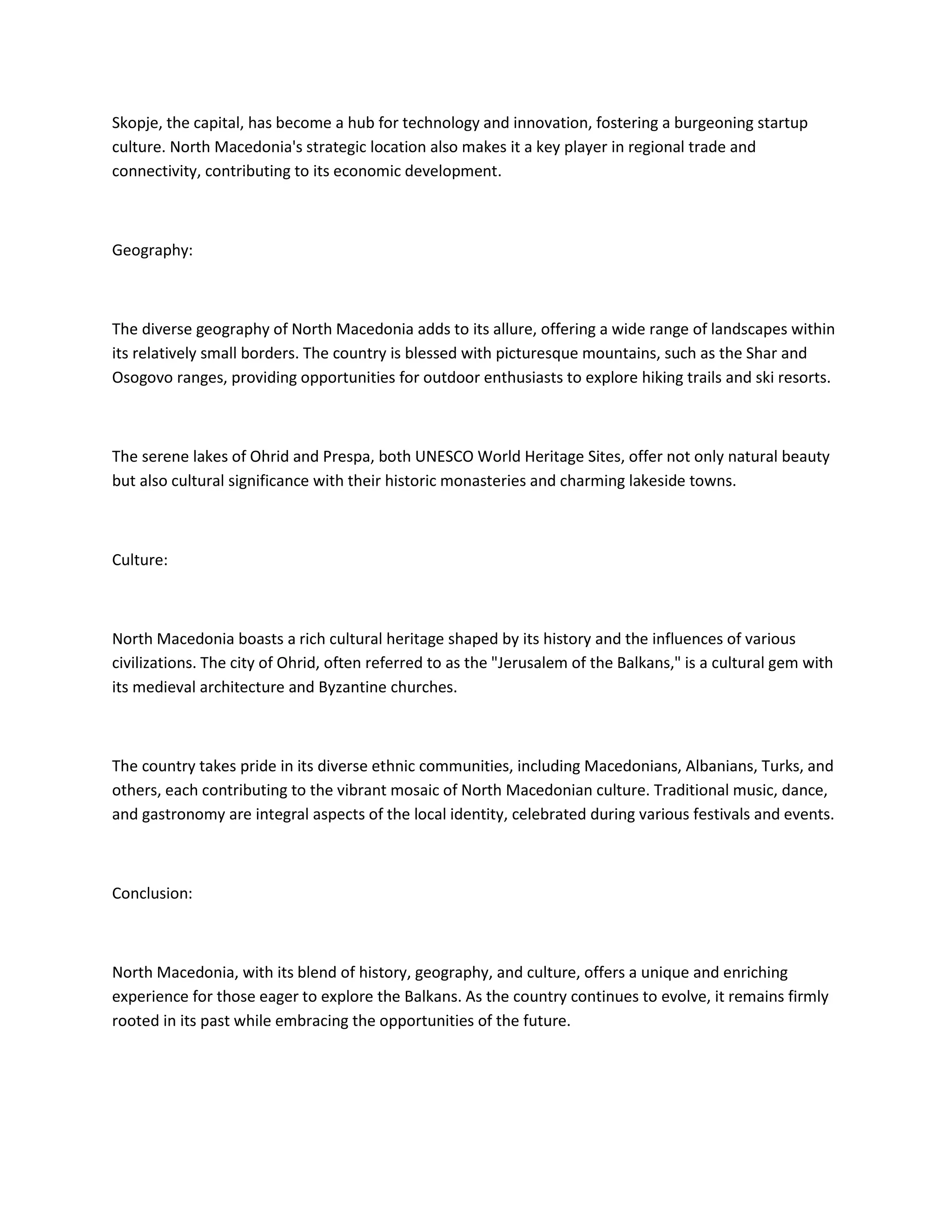What is a Water Shortage? Water shortages occur when there is not enough water to meet the demands of a population or ecosystem.
Editor's Note:Water shortages are a serious problem that can have a devastating impact on communities. This guide will provide you with everything you need to know about water shortages, including their causes, consequences, and solutions.
We've analyzed the causes and effects of water shortages, and we've put together this guide to help you understand water shortages and what you can do to prevent or alleviate them.

Temiz Mimari .NET Core: Bilmeniz Gereken Her Şey - Source www.aydinwebs.com
Key Differences Between Water Shortage and Drought:
| Water Shortage | Drought |
|---|---|
| Caused by human activity | Caused by natural factors |
| Can be temporary or permanent | Usually temporary |
| Can occur anywhere in the world | Usually occurs in arid or semi-arid regions |
| Can be caused by pollution, climate change, or overpopulation | Usually caused by lack of rainfall |
Main Article Topics:
FAQs
If you ever experience a water outage, it's essential to stay informed and understand what's happening. This FAQ section provides answers to some of the most common questions and concerns about water outages, empowering you with the knowledge you need to handle these situations effectively.

Kuzey Makedonya Insider - 2024 | Bilmeniz gereken her şey | PDF - Source www.slideshare.net
Question 1: What causes water outages?
Water outages can have various causes, including natural disasters, infrastructure maintenance, emergencies, or accidents. Broken or leaking pipes, power outages affecting water pumping stations, and contamination events can also lead to water shutdowns.
Question 2: How long do water outages typically last?
The duration of a water outage depends on the cause and severity. Minor outages caused by repairs or maintenance can last a few hours, while major incidents may take days or even weeks to resolve.
Question 3: Is it safe to drink water during a water outage?
Unless explicitly advised by authorities, it's generally not safe to consume tap water during an outage. The water may be contaminated or contain harmful bacteria.
Question 4: What should I do if my water is shut off?
During a water outage, conserve water by limiting non-essential activities like laundry or car washing. Store bottled water or fill containers with water from a safe source for drinking and cooking purposes. Follow official instructions on boiling or treating water if necessary.
Question 5: How can I prepare for a water outage?
To prepare for potential water outages, create an emergency kit with bottled water, non-perishable food, a first-aid kit, and a battery-powered radio. Consider installing a water filtration system or storing water in containers.
Question 6: Who should I contact for updates on a water outage?
For the most up-to-date information, contact your local water utility company, municipality, or emergency management office. They will provide details on the outage's cause, estimated restoration time, and any necessary precautions.
Remember, staying informed and prepared during a water outage is crucial to ensure your safety and well-being. Follow official guidance, conserve water, and seek assistance if needed.
Water Outage Tips
Water outages can be inconvenient and frustrating. To minimize the impact and ensure your safety, it is crucial to prepare adequately.
Tip 1: Stay Informed
Monitor official announcements and social media for updates on the outage's duration and affected areas. Su Kesintisi: Bilmeniz Gereken Her Şey This information will help you plan and conserve water effectively.
Tip 2: Fill Water Containers
Bathtubs, sinks, and empty containers can be filled with water before the outage begins. Store the containers in a cool, dark place to prevent bacterial growth.
Tip 3: Conserve Water
Minimize water usage during the outage by taking shorter showers, avoiding washing dishes, and fixing leaky faucets. Flush toilets only when necessary.
Tip 4: Boil Water
If you must use tap water, boil it for at least 1 minute to ensure it is safe for consumption.
Tip 5: Store Bottled Water
Purchase bottled water as a backup supply for drinking, cooking, and hygiene purposes.
Tip 6: Prepare for Sanitary Needs
Use hand sanitizer frequently to prevent the spread of germs. Store toilet paper, wipes, and feminine hygiene products in advance.
Tip 7: Contact Authorities
If the outage is prolonged or affects emergency services, contact the local authorities or water utility company for assistance.
By implementing these tips and staying informed, you can navigate water outages with minimal disruption and ensure the health and safety of your household.
Water Outage: Everything You Need to Know
Water, the elixir of life, can be something we often take for granted. But imagine a day without access to this essential resource. Understanding the reasons behind water outages can help us appreciate the importance of water conservation and prepare for such situations.
- Infrastructure issues: Aging infrastructure, leaks, or damage to pipes.
- Maintenance and repairs: Planned outages for necessary maintenance or upgrades.
- Natural disasters: Floods, earthquakes, or storms that damage water facilities.
- Public safety: Water contamination or fire hydrant use for firefighting.
- Water shortages: Periods of drought or excessive water consumption can lead to reduced water supply.
- Economic factors: Financial pressures or resource limitations may impact water distribution.
Understanding these key aspects can help us anticipate and plan for water outages. By implementing measures such as storing emergency water supplies, conserving water during peak usage times, and adhering to boil water notices, we can mitigate the challenges posed by water outages and ensure the health and safety of our communities.

Exxen TV Hakkında Bilmeniz Gereken Her Şey – Jojobet TV - Source jojobettv.com
Su Kesintisi: Bilmeniz Gereken Her Şey
Water is a vital resource for life, and water shortages can have a devastating impact on communities. This article will provide you with everything you need to know about water shortages, including their causes, effects, and how to prepare for them.

EBA TV Hakkında Bilmeniz Gereken Her Şey! - Source www.canlitv.vin
Water shortages can be caused by a variety of factors, including climate change, population growth, and pollution. Climate change is leading to more frequent and severe droughts, which can reduce water supplies. Population growth is also putting a strain on water resources, as more people compete for a limited supply of water. Pollution can also contaminate water supplies, making them unsafe to drink.
Water shortages can have a number of negative consequences, including:
- Reduced crop yields, leading to food shortages
- Increased risk of disease, as people are forced to drink contaminated water
- Conflict, as people compete for scarce water resources
There are a number of things that can be done to prepare for water shortages. These include:
- Conserving water by taking shorter showers, fixing leaky faucets, and watering your lawn less often
- Storing water in case of an emergency
- Educating yourself about water shortages and how to prepare for them
Water shortages are a serious threat, but they can be mitigated by taking steps to conserve water and prepare for emergencies. By understanding the causes and effects of water shortages, you can take steps to protect yourself and your community.
Table: Causes and Effects of Water Shortages
| Cause | Effect |
|---|---|
| Climate change | Drought, reduced water supplies |
| Population growth | Increased demand for water, competition for resources |
| Pollution | Contaminated water supplies, health risks |
| Water shortages | Reduced crop yields, food shortages, increased risk of disease, conflict |
Conclusion
Water shortages are a serious threat to communities around the world. By understanding the causes and effects of water shortages, we can take steps to conserve water and prepare for emergencies.
It is important to remember that water is a finite resource. We must all do our part to conserve water and protect our water supplies for future generations.